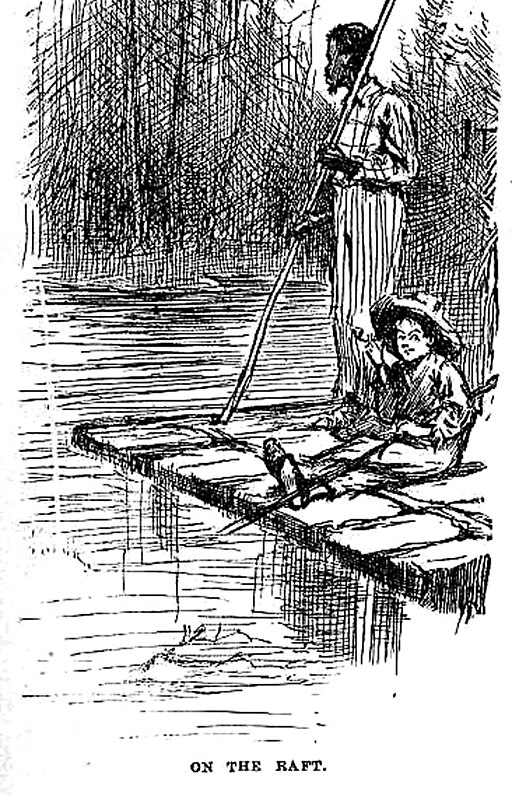“People who look down on other people don’t end up being looked up to.” ~ Robert Half
Percival Everett’s latest book, James, is a masterful, imaginative extension of the life of Huck Finn’s collaborator ‘Jim’, first introduced to us by Mark Twain. Mr. Everett, the Distinguished Professor of English at USC, and winner of every writing prize one can conjure up and probably many we can’t, has created an entirely new, three-dimensional character Mr. Twain was incapable of exploring fully or perhaps was afraid to. I’ll admit I have not gone back yet to reread Huck Finn and I intend to, but some of the strange parameters meant to proscribe the humanity of the slave class in the Nineteenth-Century South, and laid down in James from the point of view of the slave him or herself, fascinated me as I finish editing my upcoming book on the life of Joseph Bologne.
As I’ve considered the attitudes of the society in Eighteenth-Century France that welcomed, praised, and vilified the brilliant mulatto polymath who was Joseph Bologna, I’ve recognized from the start of my research that jealousy was probably the most dangerous challenge Joseph had to deal with. Even the brilliant Mozart, ten years his junior, was consumed by the green-eyed monster when he had to accept Joseph’s popularity at the French court where he could make no inroads, despite sharing his Austrian lineage with the Queen of France. Anyone would understand those who came in contact with the Chevalier de Saint-Georges wanting what he had: a perfection of skill and character seldom if ever witnessed in Europe before him. But Percival Everett’s James has shown me that it wasn’t such a simple form of jealousy that crushed Bologne’s acceptance then, and perhaps not even now.
Everett’s ‘Jim’ describes the importance of the subjugated class never challenging the dominance of the ruling class, even without meaning to. Anything that might speak to accomplishment or superiority had to be hidden, even to the point of not using correct English grammar identifying the user as an educated man or woman. As soon as one reads this disclosure for the first time, you recognize it’s validity. And if hiding one’s skill and education from the ruling class is a survival mechanism for a member of the subjugated class, then clearly Joseph Bologne was doomed from the very first awakening of his prodigious talents. It wasn’t just basic jealousy that forced Joseph Bologne into anonymity. It was his threat of greatness intimidating the ruling class Europeans of his day, and perhaps of our day, too.
I’ve not tried to get into the head of the amazing man and composer, much as Mark Twain avoided that extra dimension of ‘Jim’ that Everett uncovers for us. But my book has already been expanded by my understanding of the unspoken rules Joseph was punished for breaking, even though he was unaware of their existence. I urge you to read Percival Everett’s new book, and perhaps even preface that with a trip back to The Adventures of Huckleberry Finn, followed soon, I hope, by my own book on the life of Joseph Bologne, the Chevalier de Saint-Georges.


Magnificent description of one of the the dynamics of racial subjugation. Makes me more anxious to read your take of this played out in your book. Get it into print quickly, please.
It definitely helped me understand Joseph Bologne better. Wish I could have read James first before I started writing!! Thanks for you response, Paul. It’s good to have such a devoted fan.